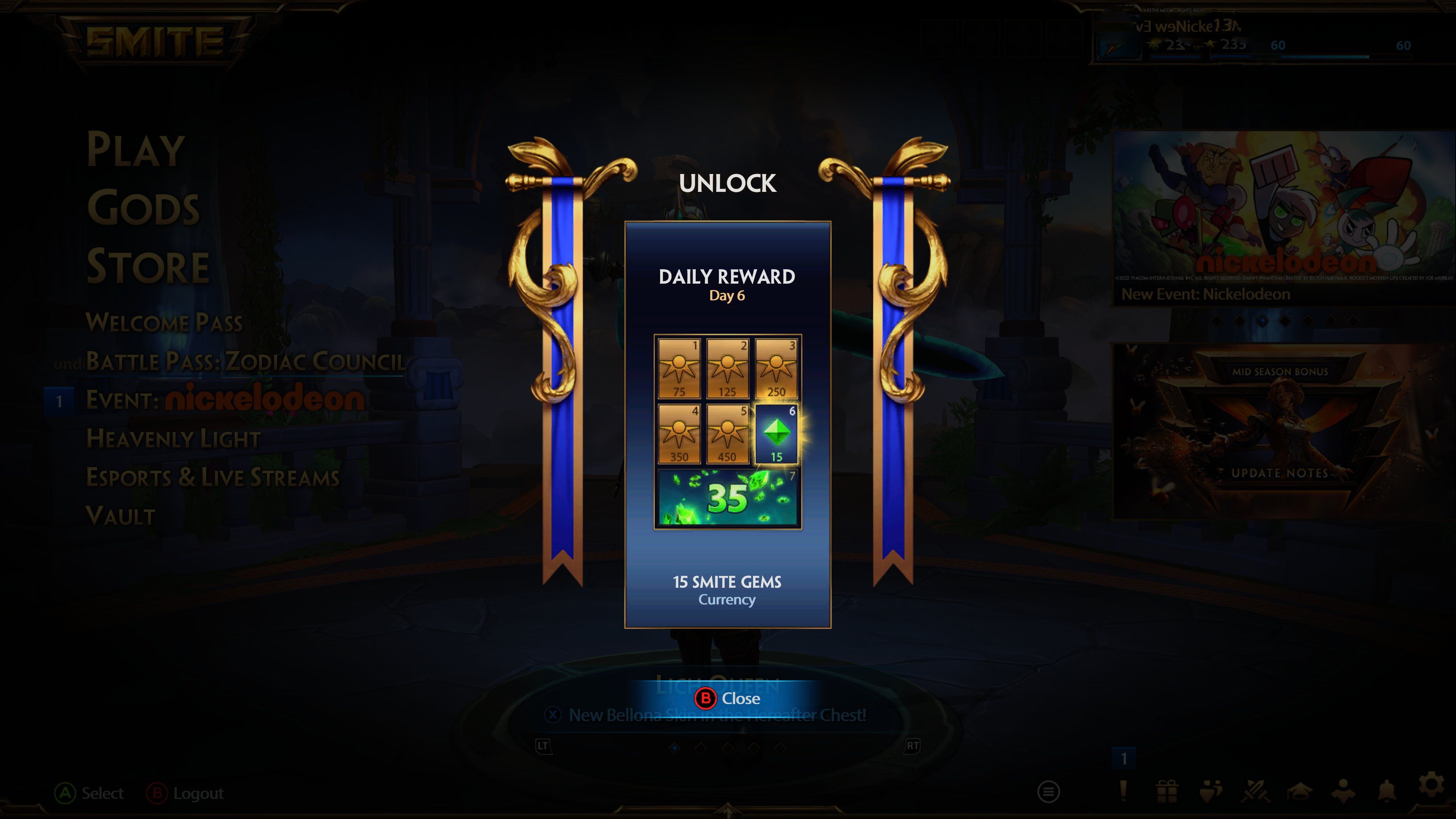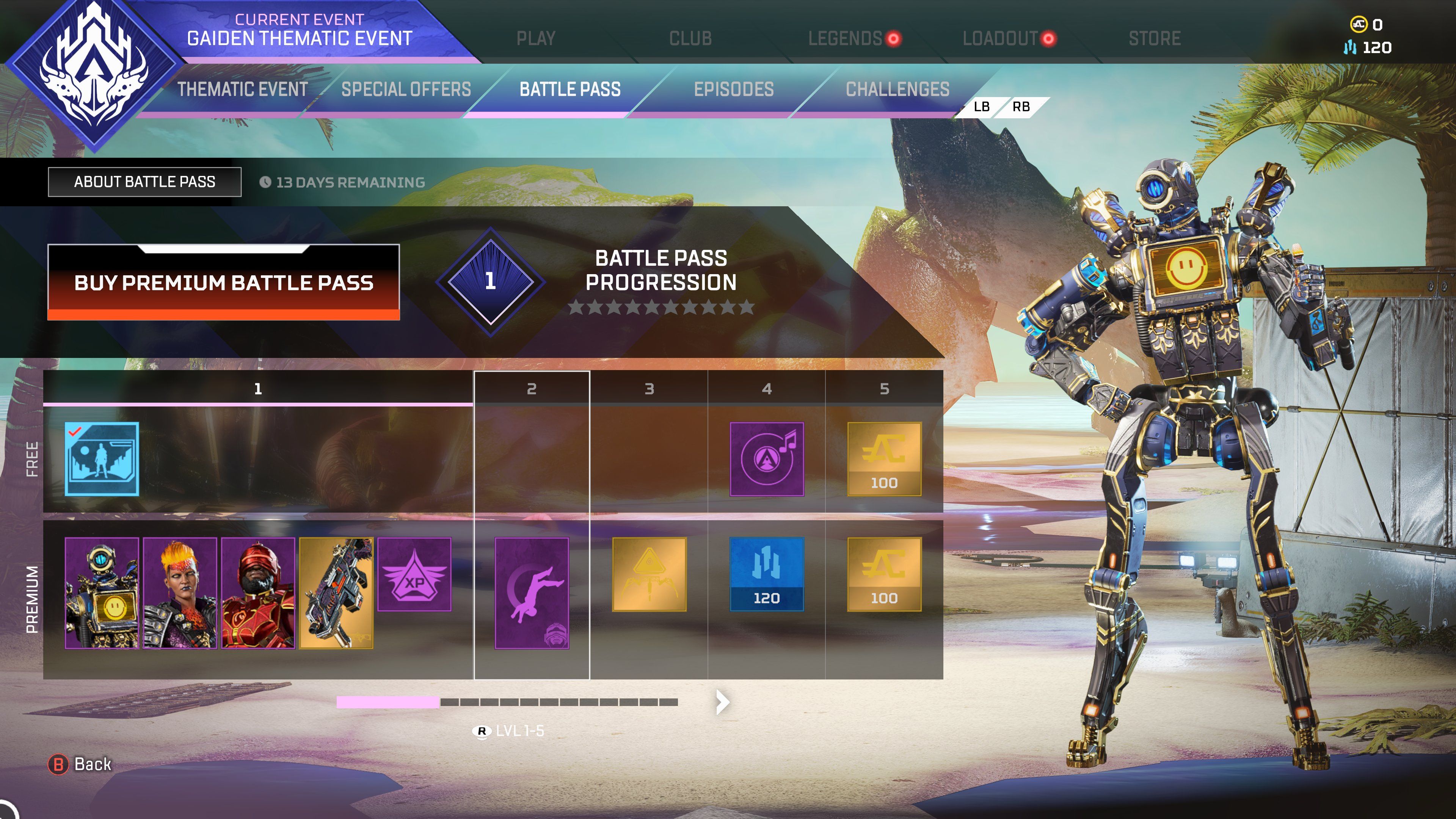With free-to-play titles enabling gamers to play games at no cost, the gaming industry has adapted to accommodate for the lack of game sales.
Free-to-play modeled games rely on microtransactions to allow the player to spend their money on in-game content as an alternative to upfront costs.
This model has proved so successful that AAA titles, such as Halo Infinite Multiplayer and Call of Duty: Warzone, have switched to the free-to-play format.
This may appear as a positive change for the industry as a whole, allowing for more accessible gaming, but how do these microtransactions affect the games you play, and are they worth it?
Why You May Find Free-to-Play Titles Worth the Microtransactions
Let's start with how free-to-play titles might worth playing despite their many microtransactions.
Free-to-Play Titles Allow for More Accessible Gaming
With the barrier of upfront costs lifted from free-to-play games, the opportunity and ability for people to be able to play a certain free-to-play title are increased massively.
Any financial consideration you may need to contemplate is entirely subverted with free-to-play games. This then increases the potential player count of free-to-play titles: as a game's accessibility increases so does the total amount of potential players.
For Halo Infinite Multiplayer, the first ever free-to-play Halo Multiplayer title, the game's launch was the biggest in the franchise's history. NME reported that over 25 million players had played Halo Infinite within a few months after release, citing the multiplayer's switch to free-to-play as the main cause.
In terms of whether free-to-play titles are worth the microtransactions spawned from the removal of an upfront cost, the increased opportunity for play, and the availability for you to play with more people regardless of financial considerations suggests that they are worth the microtransactions.
Free-to-Play Microtransactions Are Usually Non-Compulsory
Despite being intrinsically linked to free-to-play gaming, the fact that most microtransactions included in free-to-play games are generally non-compulsory may make their inclusion more manageable for you.
While microtransactions, like premium passes, in-game currency, and even level skips are features that may interfere with your gaming experience, you are never outright made to spend money on these features to enjoy your game.
You can simply choose to ignore predatory microtransactions and enjoy the game for its single most valuable feature: the gameplay itself.
While this may stifle how quickly you level up, if you are looking to play a game for your sheer enjoyment of the gameplay, non-compulsory, free-to-play microtransactions shouldn't really affect that aspect.
Free-to-Play Microtransactions Often Have Free Alternatives
While free-to-play titles often encourage the purchasing of microtransactions, they are often also supplemented with free alternatives.
For in-game currency, most free-to-play titles will feature a separate currency you can earn simply by playing the game. They may even implement a daily-login reward system that can provide you with paid in-game currency for free by simply loading up and logging into the game.
Some free-to-play titles also encourage a challenge system as an alternative to paid microtransactions. These challenges often reward players with a cosmetic or in-game unlock that is otherwise a paid piece of digital content for completing a series of set goals within your free-to-play game.
In Hi-Rez Studios' Smite, these free alternatives are utilized to great effect with daily rewards, free in-game currency, and challenge-based unlocks coming together to help alleviate how intrusive the paid microtransactions are.
With these alternative and pro-consumer features offered by some free-to-play titles, you are more likely to find your gaming experience intact and worthwhile despite the inclusion of microtransactions.
How Free-to-Play Microtransactions Can Detract From Your Gaming Experience
While it might sound like free-to-play games aren't all that bad, there are some key ways in which they can dampen your time spent gaming.
Some Free-to-Play Games Are Affected by Gameplay-Altering Microtransactions
With some free-to-play titles utilizing microtransactions in an intrusive way, aspects of your experience of a game's gameplay can be affected.
When games like Fallout 76 provide players with the ability to purchase in-game resources that can be used to directly improve weaponry, armor, or your skill level while playing, this can be labeled as pay-to-win.
More importantly, when free-to-play games use pay-to-win microtransactions, it leaves the balance of gameplay broken. Players who pay for the skill-enhancing microtransactions are at a distinct advantage over players who don't.
Because of this, you may find your experience of some free-to-play games unfair and frustrating, with players who purchase pay-to-win microtransactions holding an unfair advantage over you if you don't purchase microtransactions yourself.
At its worst, this practice incentivizes you to spend money on microtransactions yourself to level the unbalanced gameplay experience and allow you to enjoy the gameplay of a free-to-play title.
When free-to-play microtransactions are implemented this way, and gameplay is affected, their intrusive and predatory nature will almost certainly affect your perception of the game negatively.
For the idea of free-to-play titles being worth the microtransactions, pay-to-win may make you find their usage not worthwhile.
Microtransactions in Free-to-Play Games Will Restrict Your Game Content
Because free-to-play relies upon microtransactions, some free-to-play games will lock specific content behind a paywall and encourage you to spend money on them.
The most common form of paywall restrictions in free-to-play titles is shown through how battle passes work, and how a paid premium pass locks some digital content behind microtransactions.
Having the most interesting content, as it nearly always is, locked behind a paid premium battle pass can strip you not only of worthwhile content but is also a keen example of how free-to-play games can act to affect your sense of progression.
Some content within free-to-play games is also exclusively available through in-game stores for premium and paid currencies, making exclusive and generally timed content only available if you are willing to spend money.
Locking content from the player for the sake of incentivizing microtransaction purchases could affect how much you enjoy playing a free-to-play title.
By taking away content you would otherwise be willing to work towards and forcing you to pay for it, free-to-play microtransactions may demotivate your desire to even play a free-to-play title and prove to not be worth the additional content restrictions.
Free-to-Play Games Aren't Worth Putting Up With Microtransactions
While it is possible to find the experience of playing a free-to-play game with microtransactions to be worthwhile, there are too many issues associated with monetization that may cause you more trouble than it's worth.
You may be able to find prime examples of free-to-play titles that balance their microtransactions with their accessibility without damaging the game itself, inherent issues with battle pass progression, pay-to-win balancing, and restrictive content make these examples far and few in between.
Until free-to-play games find a way to balance their monetization with the needs of the player, it's difficult to define them as worth the predatory microtransactions.
Enjoy Free-to-Play Games With Caution
While free-to-play has its problems due to microtransactions, there are of course examples of some free-to-play games that manage your gaming experience with its monetization better than others.
You may find it useful then to navigate free-to-play games with caution, keeping an eye out for microtransactions that could potentially make playing the game not worthwhile.
However, now that you are aware of some of the dangers of free-to-play monetization, you may want to check out some better examples of free-to-play gaming.

.jpg)


